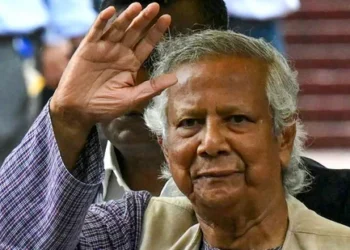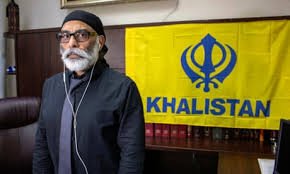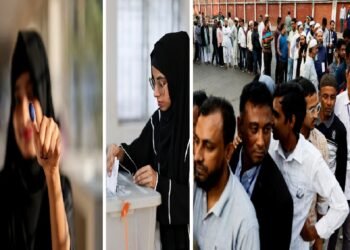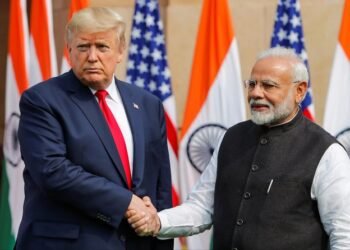In a strategic move to counter China’s Belt and Road Initiative (BRI), France is taking the lead in establishing an infrastructure link that would connect India to Europe via the Middle East. President Emmanuel Macron has appointed Gerard Mestrallet, former CEO of French energy utility Engie SA, as his envoy to lay the groundwork for this ambitious project, the India-Middle East-Europe Economic Corridor (IMEC).
The concept aims to create a comprehensive network encompassing railroads, ships, gas pipelines, and internet cables, fostering enhanced connectivity and trade opportunities between the regions.
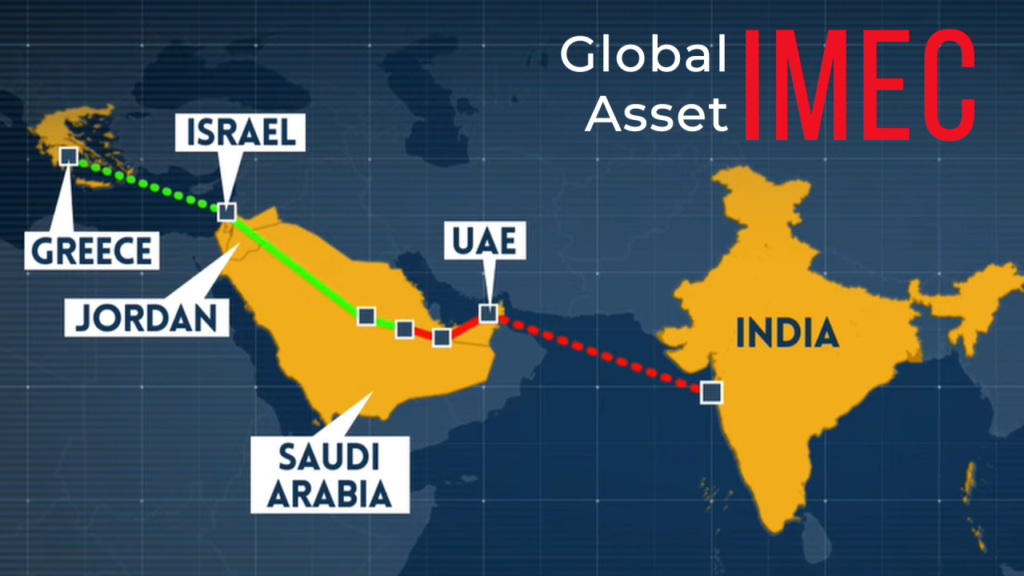
Setting the Stage for Collaboration
Mestrallet, in an interview with Bloomberg, expressed his intention to convene representatives from other IMEC member states in the coming months to initiate discussions on the project. While the meeting location and format details are yet to be determined, the envisioned collaboration is expected to advance the IMEC agenda. Initially announced during the Group of 20 summit in New Delhi, the plan underscores France’s commitment to fostering economic and infrastructural development across participating nations.
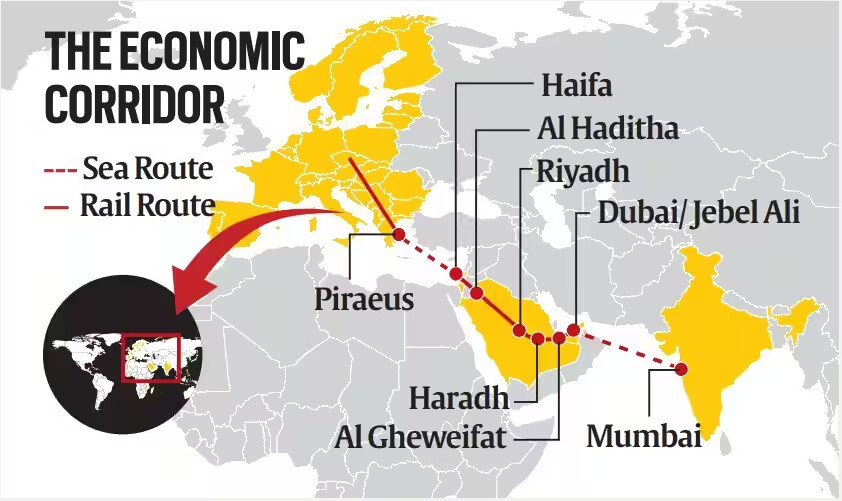
However, Mestrallet acknowledges that realizing the full potential of IMEC may take a decade or more, citing geopolitical challenges that have impacted its timeline. The project gained momentum following Russia’s invasion of Ukraine but faced setbacks amid escalating tensions in the Middle East, particularly during the Israel-Hamas conflict. The disruption of Red Sea shipping lanes further underscored the urgent need for alternative and secure trade routes, highlighting the strategic importance of IMEC in bolstering regional connectivity and resilience.
Also Read – India Opens Doors to Private Investment in Nuclear Energy; Reliance, Tata, Adani Invited
Collaborative Efforts and Industry Participation
Critical stakeholders in the India-Middle East-Europe Economic Corridor include the United States, India, Saudi Arabia, the United Arab Emirates, and the European Union. While France has taken the lead in spearheading the initiative, the participation of other countries is essential for its success. France is the only participant named a designated sherpa for the talks, emphasizing its proactive approach to facilitating collaborative efforts.

Several French companies have already expressed interest in participating in IMEC project discussions. Shipping giant CMA-CGM, energy behemoth TotalEnergies SA, train builder Alstom SA, logistics company Getlink SE, and other industry players are poised to contribute their expertise to various energy and logistics projects under the IMEC umbrella. Additionally, state-owned Electricite de France SA, industrial gas specialist Air Liquide SA, and cable-builder Nexans SA are among the companies expected to play a significant role in the project’s development.
Countering China’s Belt and Road Initiative
France’s initiative to forge an infrastructure link between India and Europe via the Middle East is a strategic response to China’s Belt and Road Initiative (BRI). Launched over a decade ago, the BRI aims to connect Asia, Africa, and Europe through an extensive network of railroads, trade deals, and infrastructure projects to solidify Beijing’s influence on the global stage.
In contrast, the IMEC project seeks to offer an alternative framework that prioritizes collaboration among free and democratic nations. IMEC aims to strengthen economic ties and foster regional stability by enhancing connectivity and promoting sustainable development. France’s proactive role in leading IMEC underscores its commitment to advancing a vision of inclusive and resilient infrastructure development aligned with democracy, transparency, and shared prosperity.




